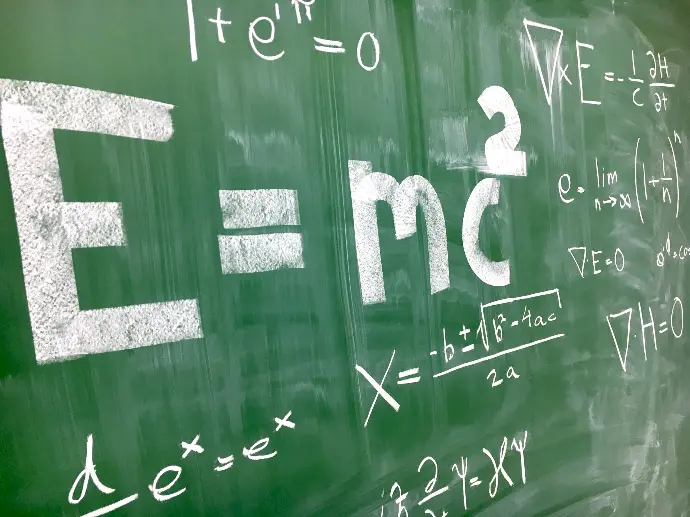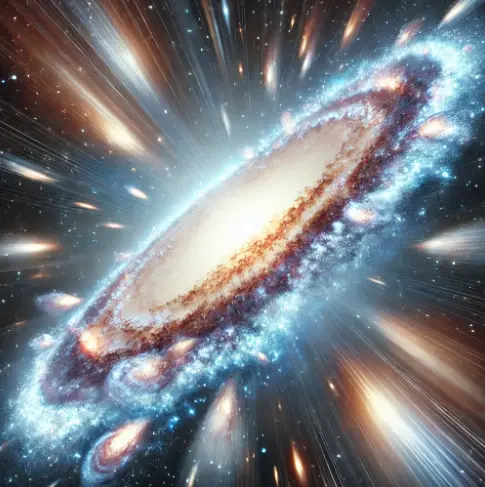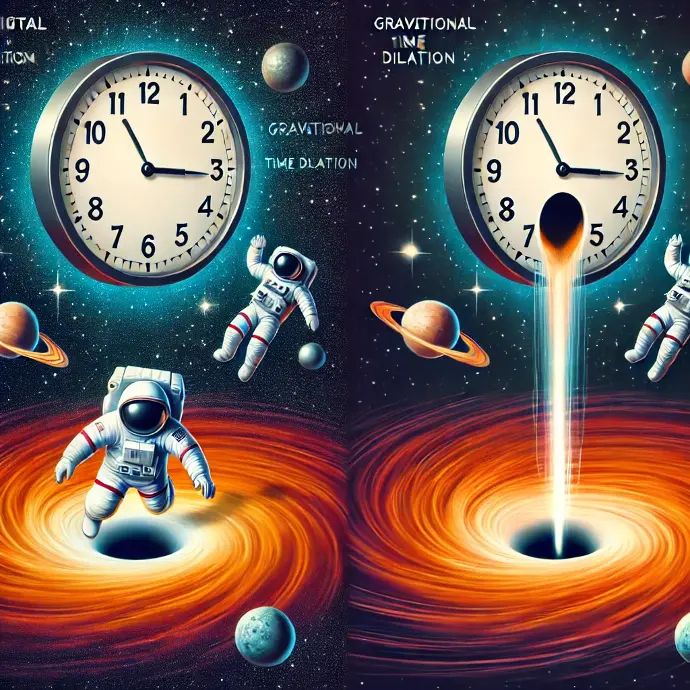Physics
Physics is the branch of science that studies matter, energy, and their interactions. It explores fundamental concepts such as motion, forces, electricity, magnetism, and the nature of the universe. Physics helps us understand natural phenomena and develop technologies like electricity, space exploration, and modern electronics. It plays a crucial role in advancing science and improving everyday life.

The Theory of Relativity, proposed by Albert Einstein, consists of Special Relativity and General Relativity. Special Relativity states that time and space are relative, with time slowing down as an object moves closer to the speed of light. General Relativity explains that gravity warps space-time, causing time to slow down near massive objects. These ideas revolutionized physics, leading to concepts like time dilation, black holes, and the expanding universe.
nothing can travel faster than light, but space itself can expand faster than the speed of light!According to Einstein’s theory of relativity, no object with mass can exceed the speed of light (about 299,792,458 meters per second). However, during the Big Bang, space itself expanded faster than light, allowing distant galaxies to move away from us at superluminal speeds. This is why some parts of the universe will forever remain beyond our observable reach!


Time moves slower in strong gravitational fields! ⏳🚀
This is known as gravitational time dilation, a key prediction of Einstein’s theory of general relativity. The stronger the gravitational field (like near a black hole), the slower time passes relative to someone in a weaker gravitational field. For example, astronauts on the International Space Station age slightly slower than people on Earth because they are in a weaker gravitational field!